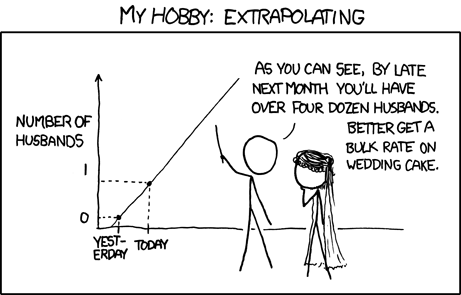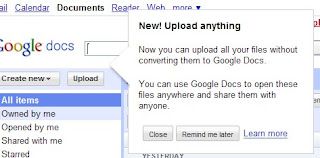Just seen this little article in The Guardian...
Why David Cameron's schools policy is out of date | Politics | The Guardian:
"We can stop worrying about how to improve schools. It's simple, according to David Cameron. It's a good school if it's got a uniform, and children get up when an adult walks into the room, and teachers set and teach by ability. That clear? Good. But try telling Sean O'Regan that all good schools have uniforms. He runs Edith Neville primary school, with one of the most deprived intakes in London. Its results are brilliant, Ofsted calls it an outstanding school, and it has no uniform. 'People think a uniform is a shortcut to raising standards of behaviour,' O'Regan says, 'but it is not.'
School uniforms are a British obsession. In most of Europe and America, they don't bother. It always seems to be the apostles of economic liberalism who are keenest to dictate every inch of what our children wear. I'm not saying uniforms are always wrong. I've met heads who make good use of them. It's ignorant to make a simple rule out of it. The same applies to teaching by ability. There's a lot to be said for setting – placing children in ability groups for different subjects – though much less for streaming."
*shudder*
When, when, when will politics get its ugly, opinionated, ignorant backside out of learning? Actually, it often seems that the moment something goes mainstream - a practice that kinda worked in a particular context, extrapolated beyond all reason - dogma and ill-informed dictate overturn good intention. Reminds me of this
xkcd cartoon:
What follows is my random musing. Feel free to switch off at this point, or go visit some more of those fab
xkcd cartoons if you'd rather! :o)
Anyway, it often seems to me that politicians can't seem to steer away from an inherent belief that education is something which must be
done to others. "Sit
still!!
Stand when an adult enters the room. Wear that tie. STRAIGHTEN THAT TIE!!!!! 6 sixes are 36, 7 sixes are 42..."
Real learning seems incidental or sidelined. Provided that predefined 'learning outcomes' and targets are achieved, who cares what really went on in that learner's head, huh? I'm also bothered by the idea of setting by ability as if ability remained static. As if ability was measured by volume. That somehow you're given a certain amount in this life. We'll teach to that ability, no more and no less. Just doesn't make sense to me that 'ability' is a label which is so happily bandied about. Label this child as 'gifted', that child as 'weak'. No get out of jail. No chance of parole. You are the ability you're allotted.
Education = Extrinsic motivation, carrot and stick, rules and requirements
Learning = Intrinsic motivation, enjoyment, creativity, expansion, curiosity etc...
How much easier to meddle with the former. How much damage to inflict on the potential of the latter? Today's musing is done. More pondering later no doubt!
PS They don't wear uniforms at my kids' school either. Shocker, huh? :o)
 Just noticed a nice little beta feature in Delicious - the ability to browse through a user's bookmarks. Now, it doesn't sound like anything particularly special... but there's something really handy about not just seeing a list of links (and descriptions if people have remembered that information) and being able to browse them in the way that you might with Google Reader etc. You can also go back to the bookmark details if you want to from the browsed version and add it to your own bookmarks if you like.
Just noticed a nice little beta feature in Delicious - the ability to browse through a user's bookmarks. Now, it doesn't sound like anything particularly special... but there's something really handy about not just seeing a list of links (and descriptions if people have remembered that information) and being able to browse them in the way that you might with Google Reader etc. You can also go back to the bookmark details if you want to from the browsed version and add it to your own bookmarks if you like.


